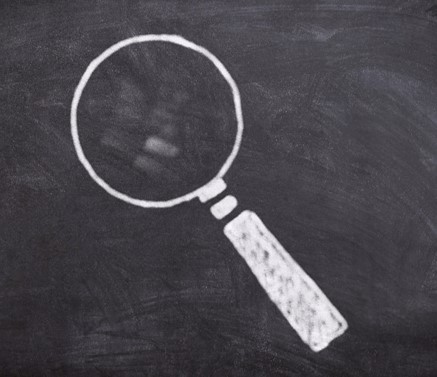This page contains information relating to Ebling’s Research Impact Support services, including resources on where to publish, researcher profiles, publication tracking, and impact metrics.

Where Should I Publish?
Deciding where to publish your research can seem like a daunting task. The Ebling Library has put together this guide to help you to navigate the process of identifying candidate journals, determining the fit of a journal, evaluating journals (including how to identify potentially predatory journals and conferences), and considering access options for your work.
Ebling’s Services: The Ebling Library provides education, training, and consultation services for choosing a journal for your research. Visit the Where Should I Publish research guide, or reach out to Paije Wilson (paije.wilson@wisc.edu) or Trisha Adamus (adamus@wisc.edu) for additional information.

Researcher Profiles
Once you become a published researcher you will want to manage your online scholarly identity by creating a researcher profile. Among other things, creating a researcher profile will make your achievements more discoverable and distinguishable from those of other researchers. The Ebling Library has put together this guide to help you to create and maintain researcher profiles in ORCID, Scopus, and Google Scholar.
Ebling’s Services: The Ebling Library provides education and consultation services for creating and managing your researcher profile(s). Visit the Researcher Profiles research guide, or reach out to Paije Wilson (paije.wilson@wisc.edu) or Trisha Adamus (adamus@wisc.edu) for additional information.

Publication Tracking
What do we mean when we say publication tracking? In this context, publication tracking refers to the process of searching for and compiling publications from a specific author, group of authors, or institution. Alternative names for publication tracking include author searching, publication counts, or publication outputs. The Ebling Library has put together this guide to help you to navigate the publication tracking process.
Ebling’s Services: The Ebling Library provides education, training, and consultation services in tracking the publications of researchers, units, and/or departments. Projects for publication tracking (such as conducting searches and providing citation management support for publication tracking) are accepted on a case-by-case basis, and are dependent on librarian availability. Researchers, units, or departments requesting services are responsible for locating and compiling identifying information for groups of authors (such as affiliation or middle initials), reviewing retrieved publications, and any analyses of results from publication tracking. Visit the Publication Tracking research guide, or reach out to Paije Wilson (paije.wilson@wisc.edu) or Trisha Adamus (adamus@wisc.edu) for additional information.

Impact Metrics
Impact metrics attempt to quantify the impact of researchers, publications, and journals. Impact metrics are frequently used to inform considerations such as hiring, promotion, tenure, grants, and choice in journals. The Ebling Library has put together this guide to help you learn about some of the more common impact metric types, including how they are used, how they are calculated, where you can find them, their limitations, and resources for learning more about them.
Ebling’s Services: The Ebling Library provides education and consultation services for the responsible use of impact metrics. Visit the Impact Metrics research guide, or reach out to Paije Wilson (paije.wilson@wisc.edu) or Trisha Adamus (adamus@wisc.edu) for additional information.

